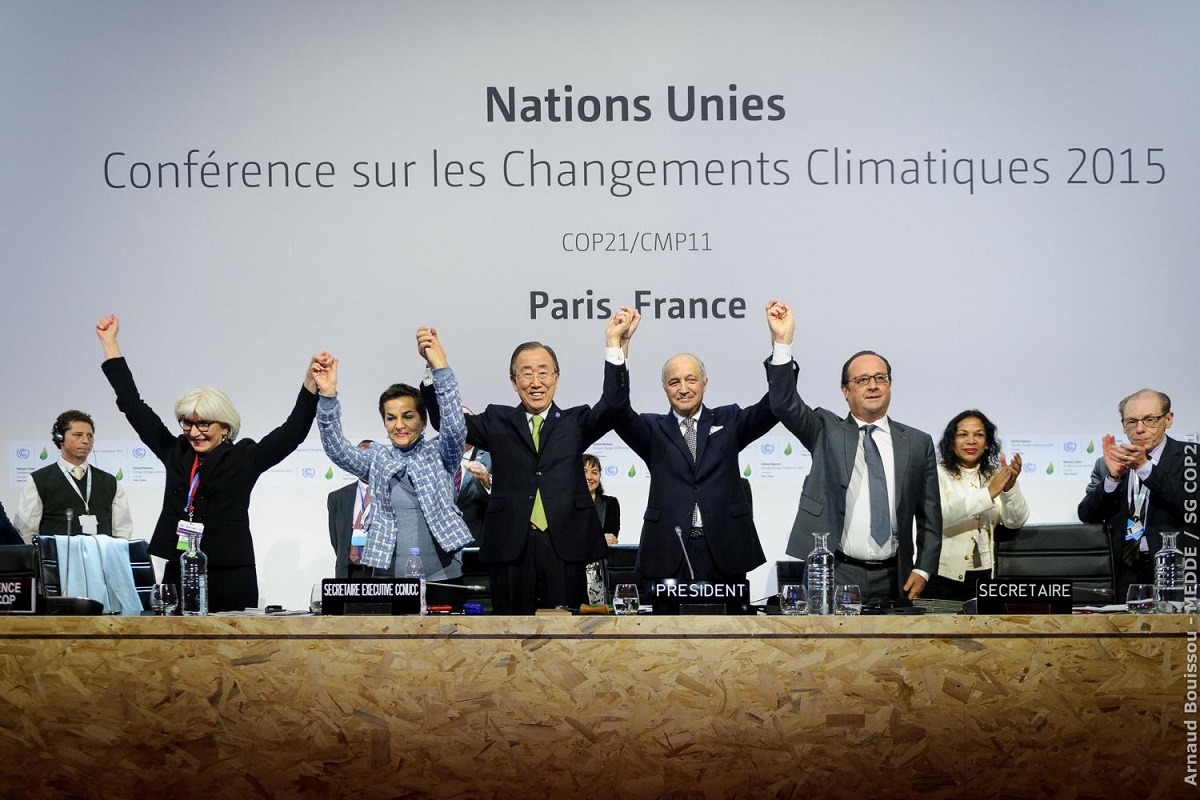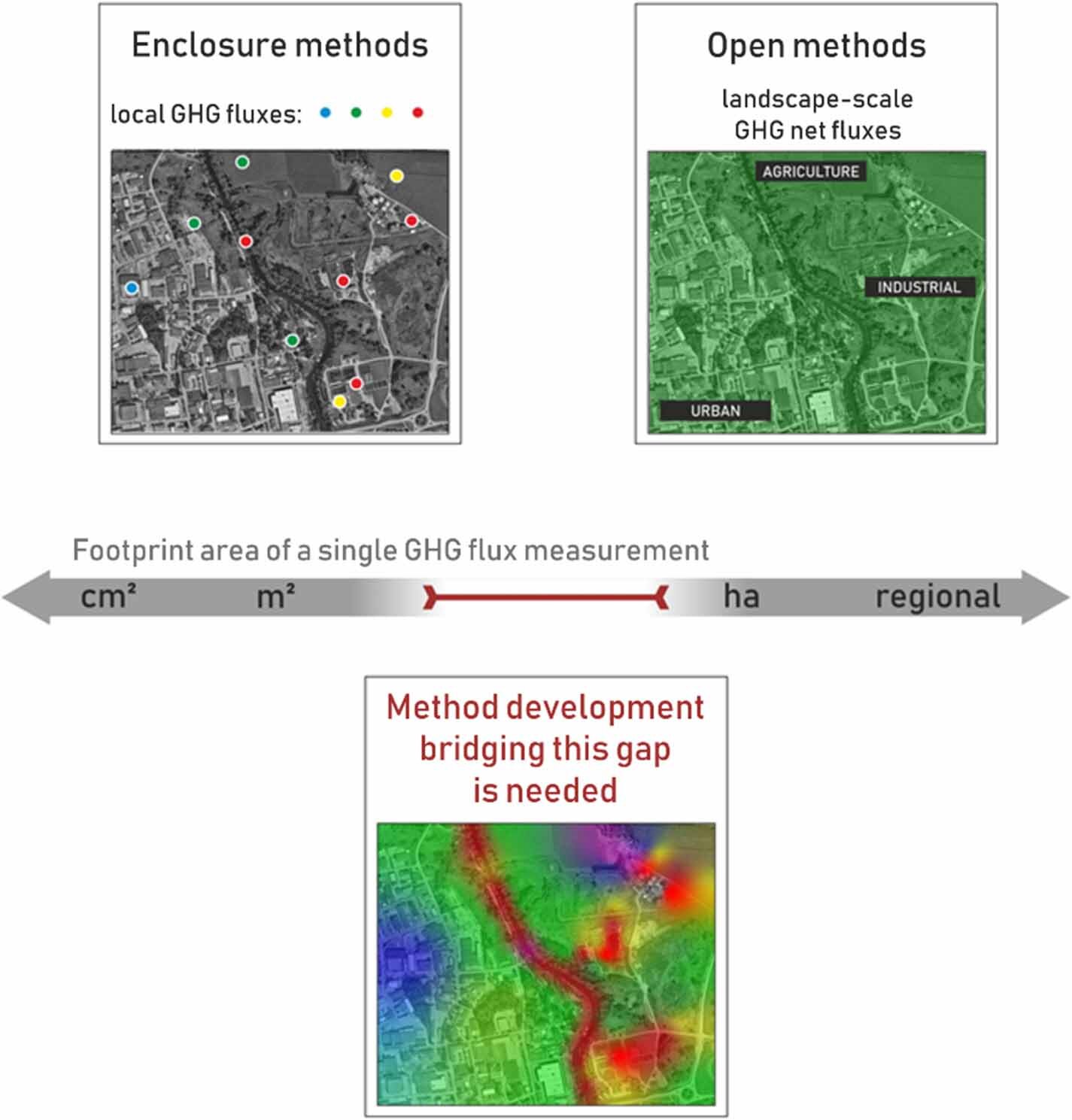11 Dec 2024

Tired Earth
By The Editorial Board

The Paris Agreement says that we should reduce the emission of greenhouse gases to limit the rise in global temperature to 2 degrees Celsius. But do we have the measurement methods needed to achieve this? This is the question posed by researchers at Linköping University in a study published in Environmental Research Letters. Their answer is disheartening.
Global warming is a reality, and the rate of increase seems to be increasing. This changes the environmental conditions in many places, forcing large parts of the Earth's population to flee from their homes as a consequence of extreme drought, raised sea levels, or recurrent flooding. Furthermore, it is expected that the situation will only become more serious in the coming years.
"When a health crisis occurs, society can unite to develop new diagnosis tools rapidly and in this way start the correct treatment. This became apparent not least during the COVID-19 pandemic. What we need now is a rapid development of better diagnosis methods to meet the huge crisis that climate change brings. We must be able to measure in several ways, if we are to know whether we are taking the best possible actions," says David Bastviken, professor of environmental sciences at Linköping University.
Working with colleagues at the Department of Thematic Studies—Environmental Change, he has led a study that examined 13,500 scientific articles. They surveyed the methods used to measure the emissions of greenhouse gases to the atmosphere. The results have been published in Environmental Research Letters and reveal urgent and serious challenges.

They study has shown that the measurement methods used today work well for research purposes, but are not suitable when designing and evaluating actions to reduce emissions. The researchers believe that this must change if we are to meet the goal of the Paris Agreement. Measurement methods are not available to monitor the way in which emissions change with time, nor to determine whether the actions taken have had the intended effect.
Furthermore, methods to resolve important medium-range landscape effects are also lacking. These are required in addition to small-scale point measurements and measurements of large-scale average values for areas that range from hectares to square kilometers. This leaves gaps in our knowledge of local variations, and how emissions can be regulated. It is also impossible to determine the best ways to reduce emissions.
On a global level, we have clear data for how the amounts of greenhouse gases in the atmosphere have changed over time, and reliable information about emissions from fossil-derived sources. In other words, the fundamental causes of climate change have been identified and are beyond discussion. But the climate crisis means that we must know about all types of emission—not just the familiar fossil-derived emissions—and we must also deal with all types. Many types of emission contribute, and we have no simple methods to map when and where they occur, so it's difficult to take decisions about local initiatives that will in the long run affect the global climate.
"We need cheap and easy-to-use methods such that we can follow all types of greenhouse gas emission at a local level. Only then will we obtain a comprehensive picture. If we are to reduce emissions, we must also be able to verify that the actions taken work as intended. Methods development takes time, but there is an urgent need for new types of measurement method that can better support societal work to reduce emissions," says David Bastviken.
Source : phys.org
Comment